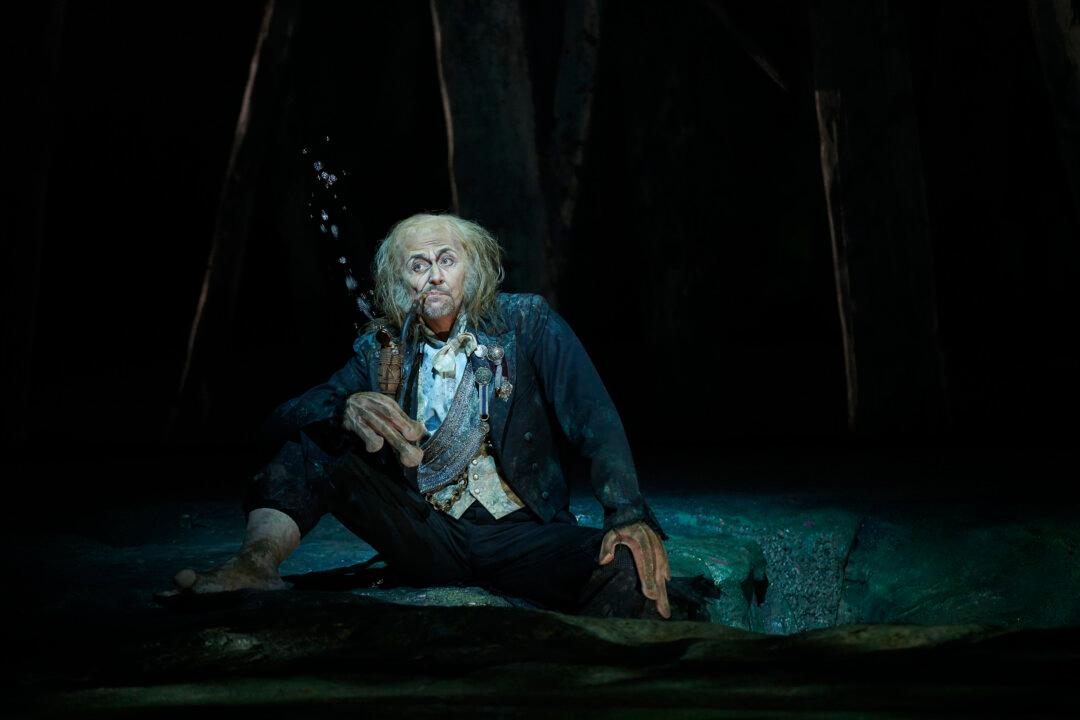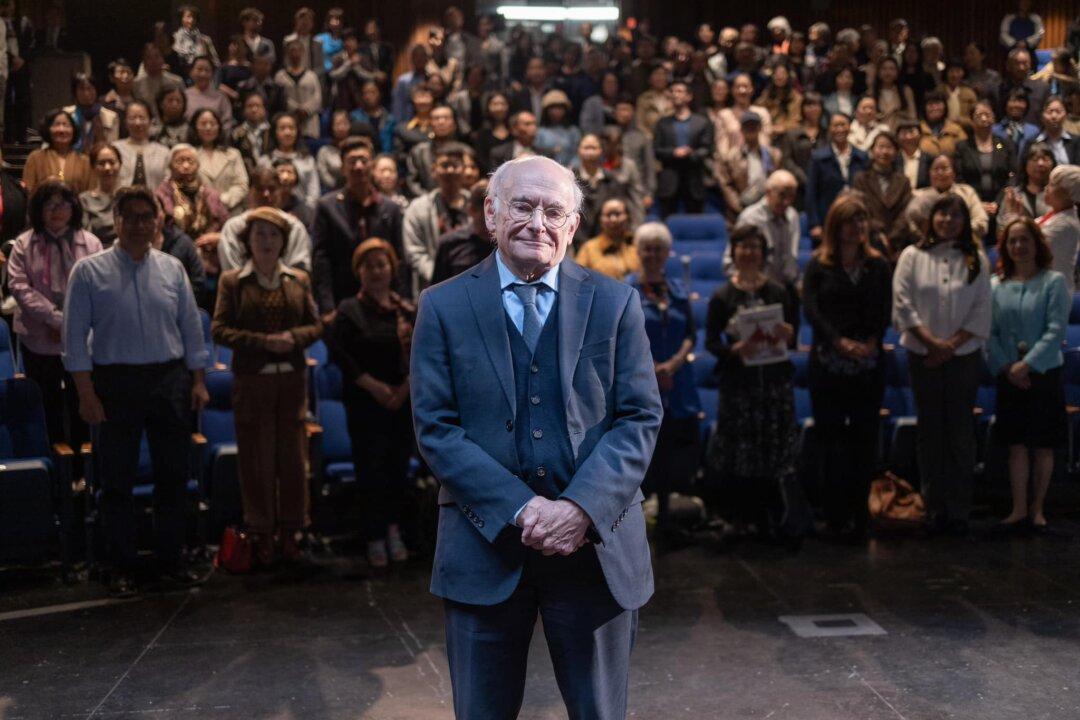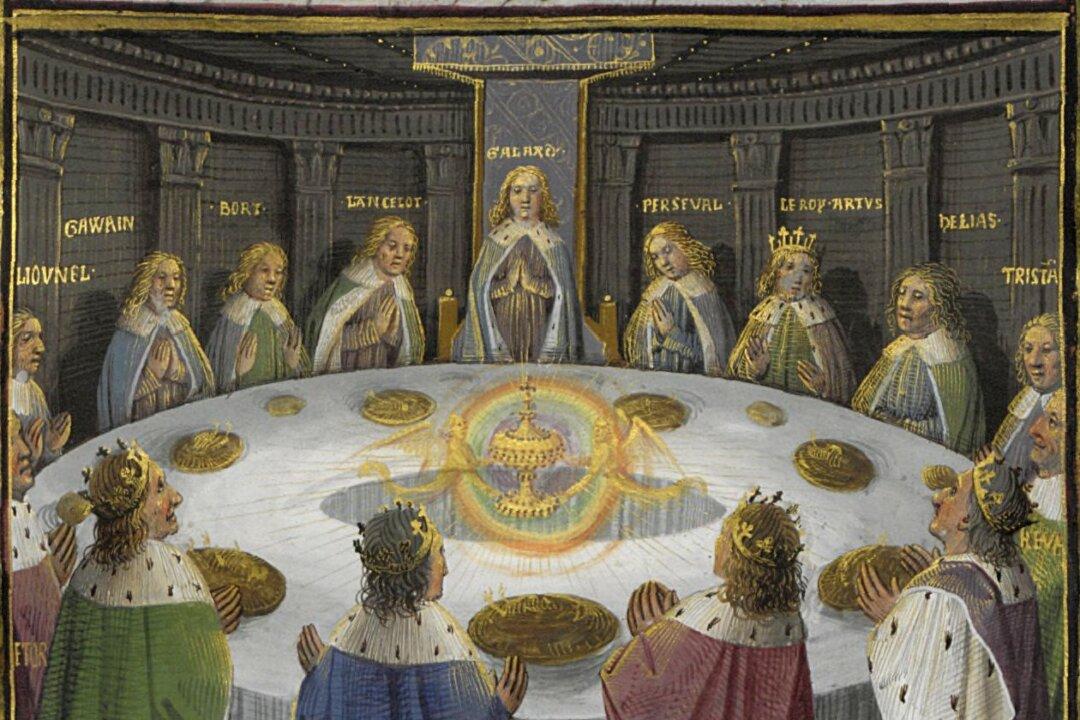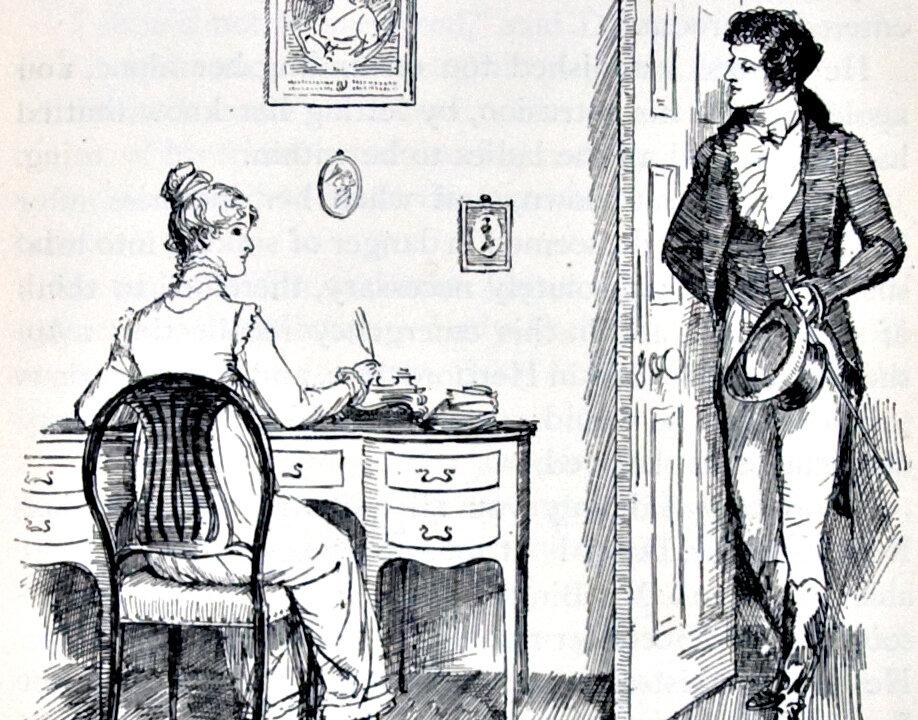TORONTO—What is true happiness? It is a question that human beings have asked since time immemorial. It is also a theme being pondered in the Canadian Opera Company’s (COC) production of “Rusalka,” Czech composer Antonin Dvorak’s opera onstage now at the Four Seasons Centre.
Slovak bass Stefan Kocan is in Toronto this season to sing Vodnik, a mythical water creature and father of the main character, Rusalka. He has sung the role many times, both in the Czech Republic and abroad, and is intimately familiar with the subtleties of both the text and the music. He says there is a lot of philosophical meaning behind the opera. In particular, there is the question of freedom of the soul and a discussion of how this can be achieved.





